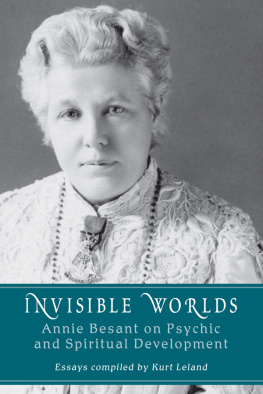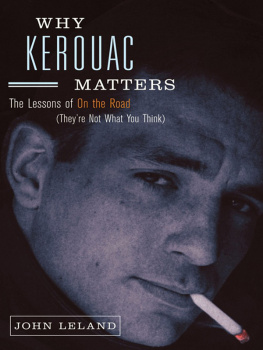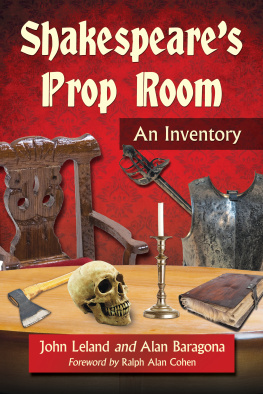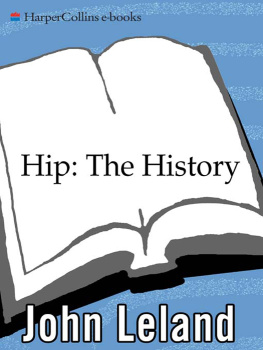Benjamin Talton - In This Land of Plenty: Mickey Leland and Africa in American Politics
Here you can read online Benjamin Talton - In This Land of Plenty: Mickey Leland and Africa in American Politics full text of the book (entire story) in english for free. Download pdf and epub, get meaning, cover and reviews about this ebook. year: 2019, publisher: University of Pennsylvania Press, Incorporated, genre: Politics. Description of the work, (preface) as well as reviews are available. Best literature library LitArk.com created for fans of good reading and offers a wide selection of genres:
Romance novel
Science fiction
Adventure
Detective
Science
History
Home and family
Prose
Art
Politics
Computer
Non-fiction
Religion
Business
Children
Humor
Choose a favorite category and find really read worthwhile books. Enjoy immersion in the world of imagination, feel the emotions of the characters or learn something new for yourself, make an fascinating discovery.

- Book:In This Land of Plenty: Mickey Leland and Africa in American Politics
- Author:
- Publisher:University of Pennsylvania Press, Incorporated
- Genre:
- Year:2019
- Rating:3 / 5
- Favourites:Add to favourites
- Your mark:
In This Land of Plenty: Mickey Leland and Africa in American Politics: summary, description and annotation
We offer to read an annotation, description, summary or preface (depends on what the author of the book "In This Land of Plenty: Mickey Leland and Africa in American Politics" wrote himself). If you haven't found the necessary information about the book — write in the comments, we will try to find it.
On August 7, 1989, Congressman Mickey Leland departed on a flight from Addis Ababa, with his thirteen-member delegation of Ethiopian and American relief workers and policy analysts, bound for Ethiopias border with Sudan. This was Lelands seventh official humanitarian mission in his nearly decade-long drive to transform U.S. policies toward Africa to conform to his black internationalist vision of global cooperation, antiracism, and freedom from hunger. Lelands flight never arrived at its destination. The plane crashed, with no survivors.
When Leland embarked on that delegation, he was a forty-four-year-old, deeply charismatic, fiercely compassionate, black, radical American. He was also an elected Democratic representative of Houstons largely African American and Latino Eighteenth Congressional District. Above all, he was a self-proclaimed citizen of humanity. Throughout the 1980s, Leland and a small group of former radical-activist African American colleagues inside and outside Congress exerted outsized influence to elevate Africas significance in American foreign affairs and to move the United States from its Cold War orientation toward a foreign policy devoted to humanitarianism, antiracism, and moral leadership. Their internationalism defined a new era of black political engagement with Africa. In This Land of Plenty presents Leland as the embodiment of larger currents in African American politics at the end of the twentieth century. But a sober look at his aspirations shows the successes and shortcomings of domestic radicalism and aspirations of politically neutral humanitarianism during the 1980s, and the extent to which the decade was a major turning point in U.S. relations with the African continent.
Exploring the links between political activism, electoral politics, and international affairs, Benjamin Talton not only details Lelands political career but also examines African Americans successes and failures in influencing U.S. foreign policy toward African and other Global South countries.
Benjamin Talton: author's other books
Who wrote In This Land of Plenty: Mickey Leland and Africa in American Politics? Find out the surname, the name of the author of the book and a list of all author's works by series.











